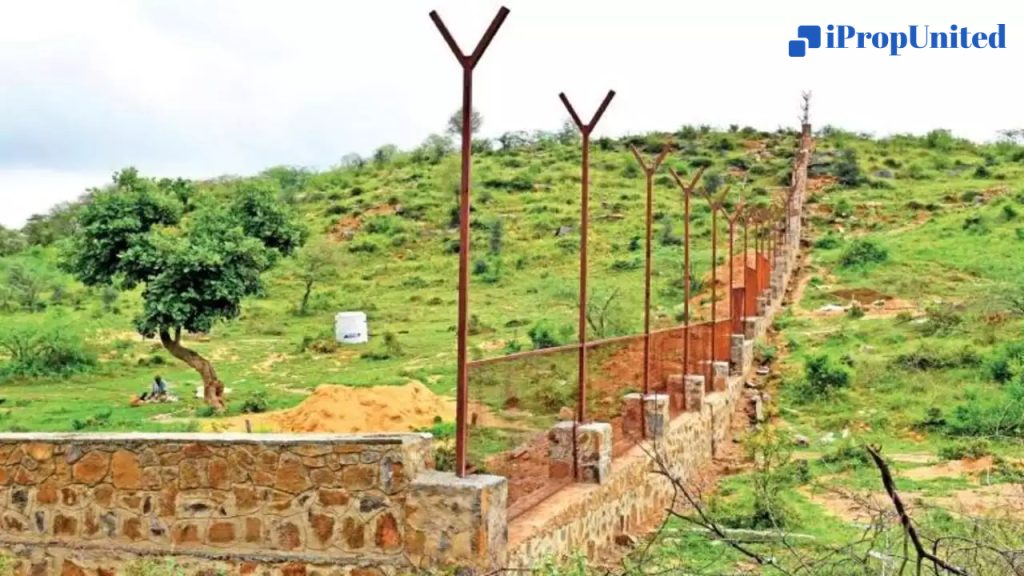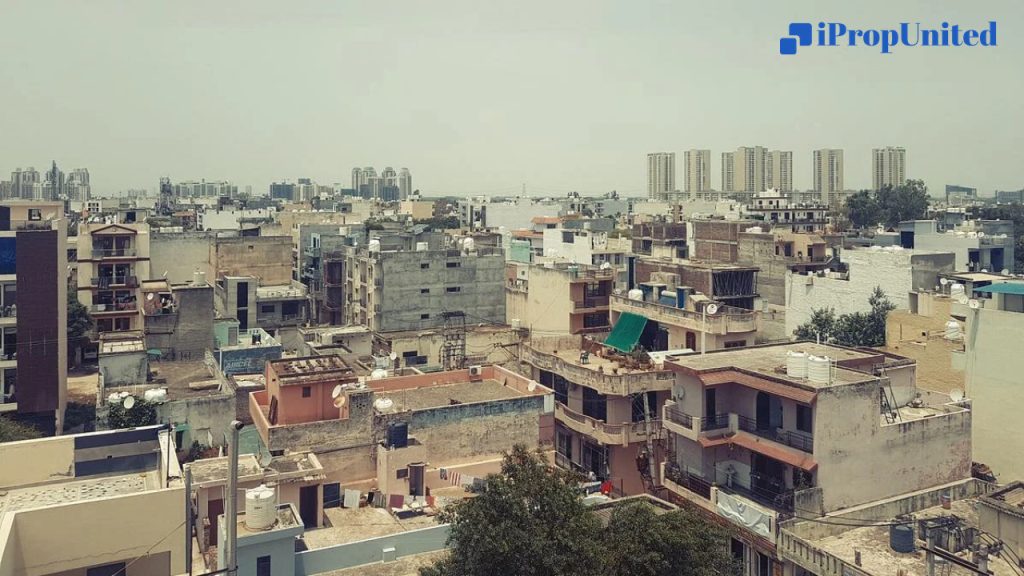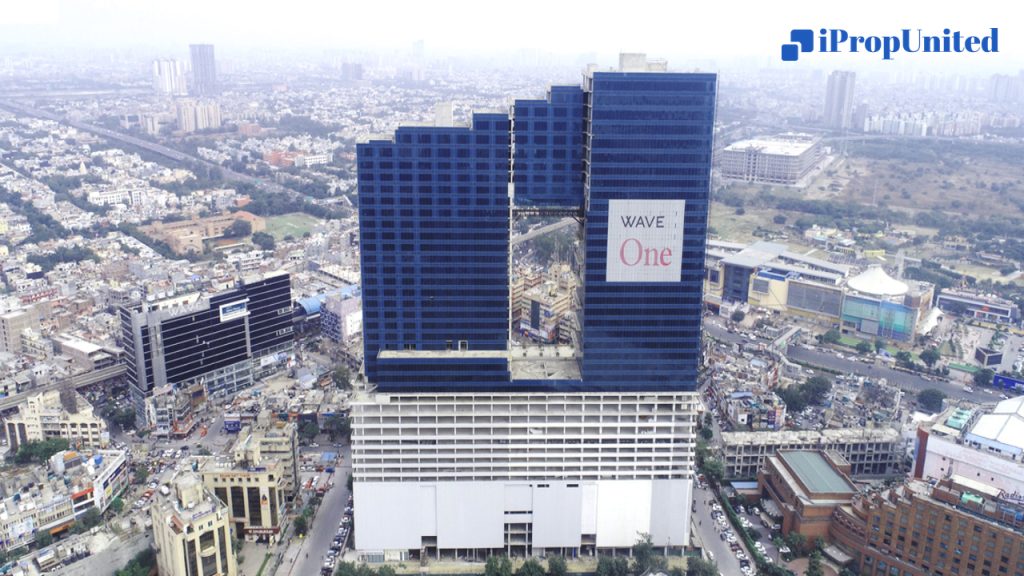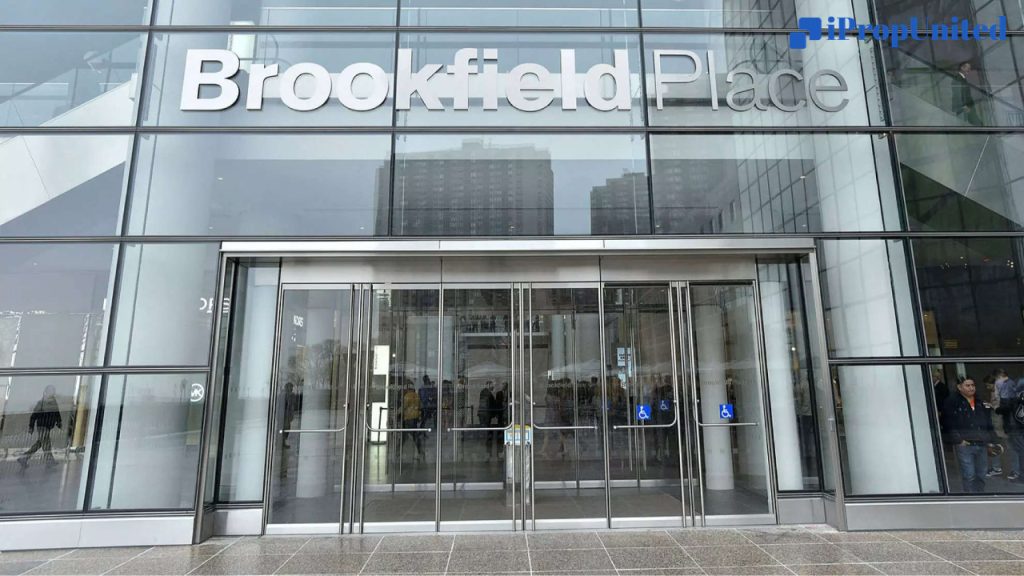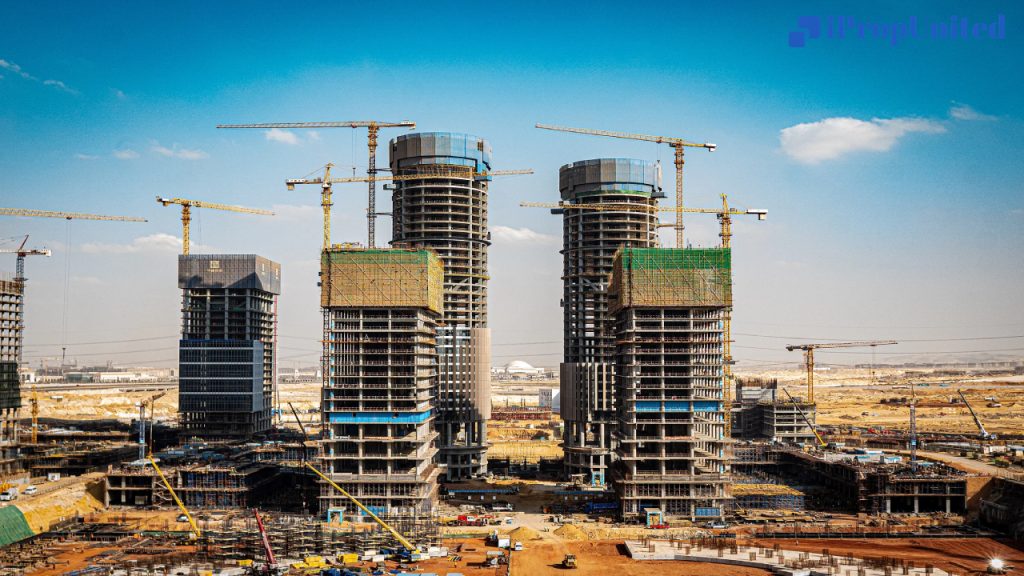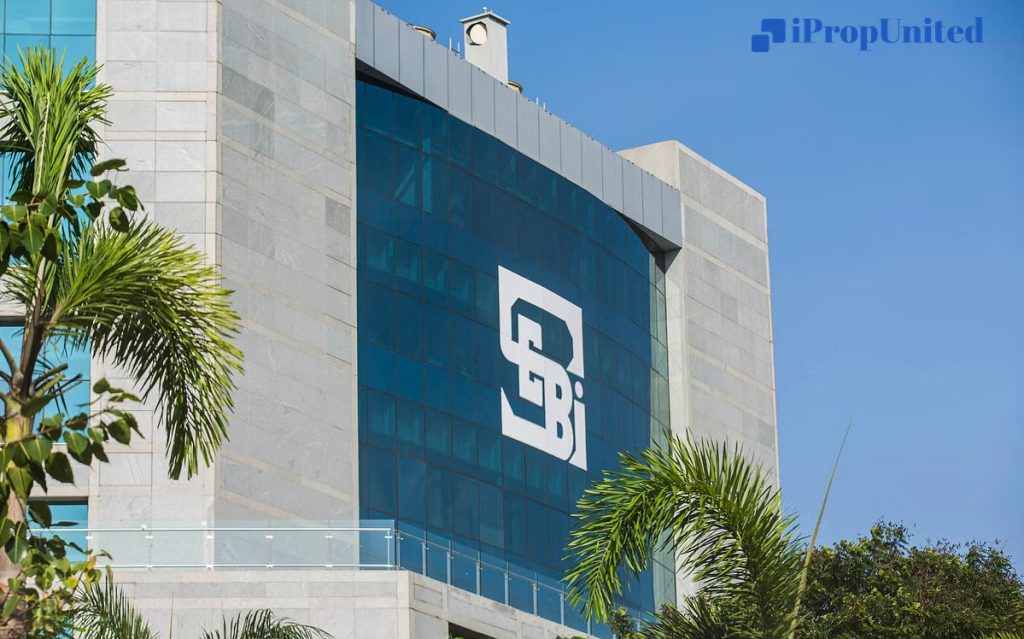MANGALURU: In response to numerous complaints from citizens and corporators regarding the significant increase in property tax for the fiscal year 2023-24, the Mangaluru City Corporation (MCC) has decided to address the issue by writing a letter to the government.
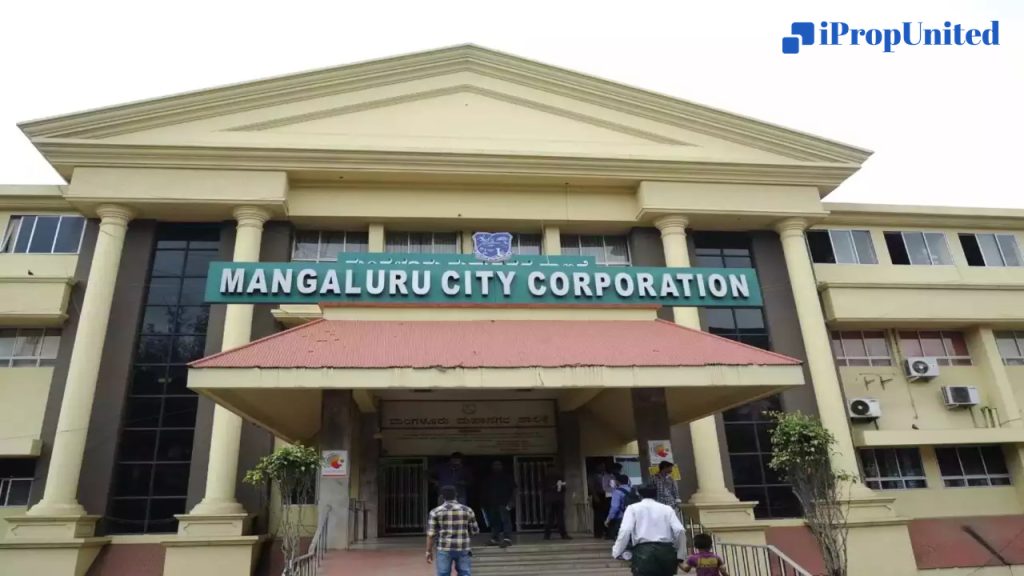
The property tax calculation was modified by the state government through an amendment to the Karnataka Municipal Corporation Act in 2021. According to the amendment, property tax is now determined based on the prevailing guidance value of the property, including vacant sites. This change places a substantial burden on property owners, particularly those who possess large tracts of vacant land within the city.
During the council meeting held on Friday, the MCC discussed the implementation of the amended act, specifically focusing on the collection of the SAS property tax.
Under the amendment, property tax is calculated as 25% of the guidance value of the property. Vacant land measuring up to 1,000 square feet, which is attached to a building, is exempt from taxation. However, vacant land exceeding 1,000 square feet will be subject to property tax ranging from 0.2% to 0.5% of the prevailing guidance value.
Opposition leader Naveen D’Souza, along with Congress corporators Praveenchandra Alva and A C Vinayraj, raised objections to the amendment, citing the financial burden imposed on property owners.
Alva expressed concern that even individuals with vacant plots would be required to pay a substantial amount of tax. He mentioned families who owned approximately 50 cents of vacant land in the city’s interior areas, emphasizing that the property tax on their vacant plots would be exorbitant. He further added that middle-class families might be compelled to sell their property to meet the tax obligations related to vacant plots.
Vinayraj pointed out that the tax on vacant plots increases by one and a half times when 25% of the guidance value is considered for property tax calculation.
Highlighting the significant increase in property tax on vacant plots following the revision, MCC council’s chief whip, Premanand Shetty, stressed the importance of bringing this matter to the government’s attention.
Follow and Connect with us: Twitter, Facebook, Linkedin, Instagram
